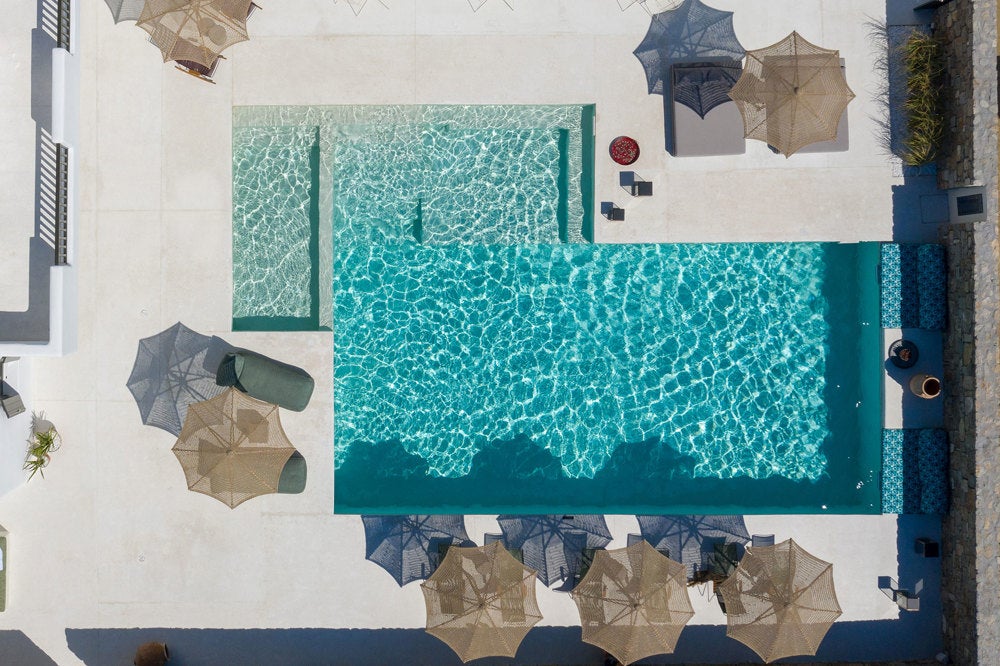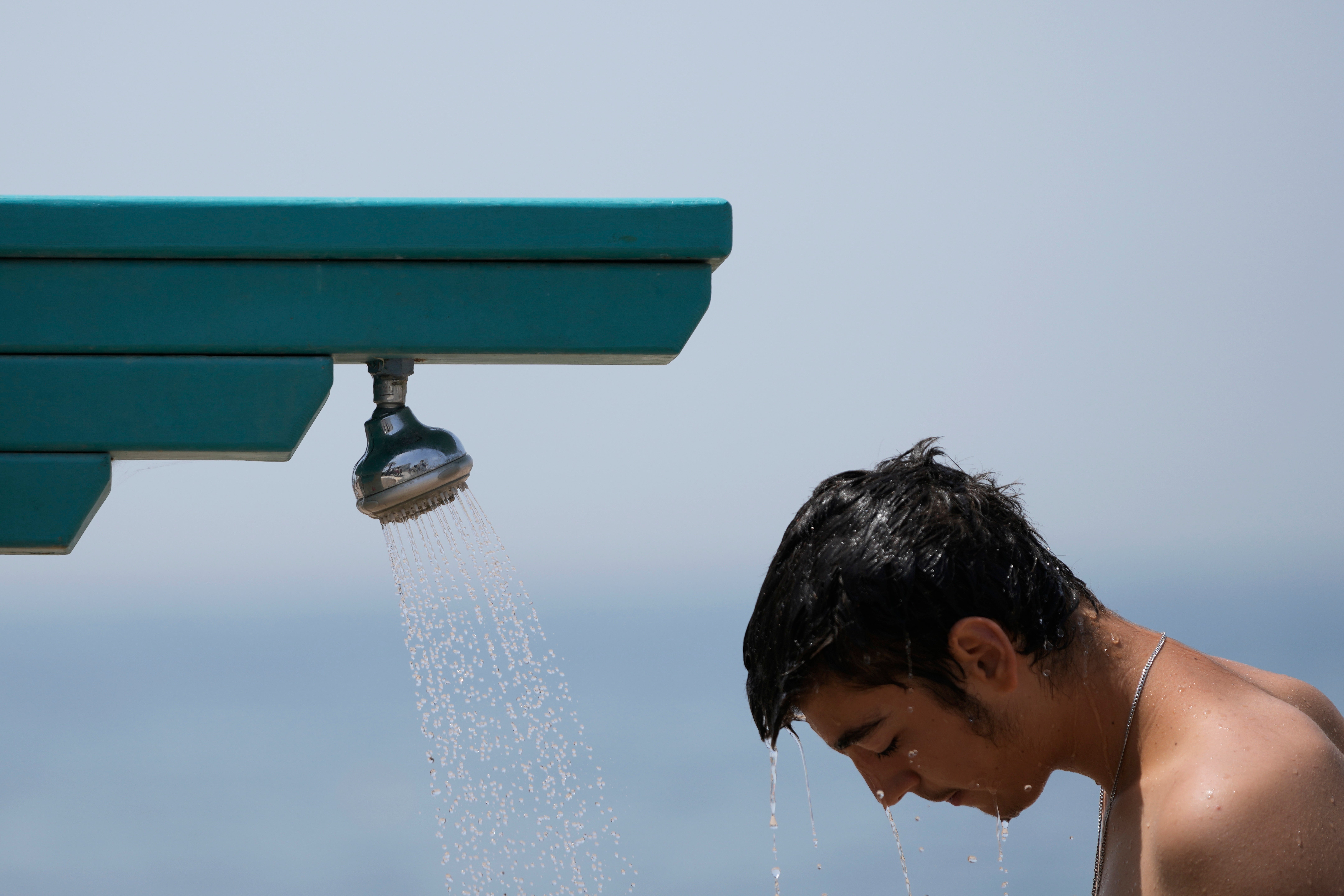Why Greek hotel pools could feel a lot different this summer
The changes would be in response to climate change

Your support helps us to tell the story
From reproductive rights to climate change to Big Tech, The Independent is on the ground when the story is developing. Whether it's investigating the financials of Elon Musk's pro-Trump PAC or producing our latest documentary, 'The A Word', which shines a light on the American women fighting for reproductive rights, we know how important it is to parse out the facts from the messaging.
At such a critical moment in US history, we need reporters on the ground. Your donation allows us to keep sending journalists to speak to both sides of the story.
The Independent is trusted by Americans across the entire political spectrum. And unlike many other quality news outlets, we choose not to lock Americans out of our reporting and analysis with paywalls. We believe quality journalism should be available to everyone, paid for by those who can afford it.
Your support makes all the difference.Hotels on Greek islands may be forced to change their swimming pool water as climate change strikes.
Tourist destinations may be filling their pools with sea water this summer in response to worsening drought conditions, under new legislation being debated in parliament.
Greece has faced acute drought conditions over the past two years, with the tourist season adding further strain on water resources especially on islands with popular vacation destinations.
Elena Rapti, a deputy minister of tourism, announced government plans to clear existing legal hurdles to pumping seawater into private pools that would allow for the switch in response to shrinking water reserves on many islands.
“This (draft legislation) regulates the framework for carrying out seawater extraction and pumping it for swimming pools. The focus, of course, is to conserve water resources,” Rapti told a parliament committee.
Rapti spoke on Monday during a debate on a new hospitality industry reform bill and her remarks were published on Tuesday on the Greek parliament website.

Last year the country was put under pressure to reimagine a tourism model that climate change is making increasingly untenable.
With its turquoise waters and reliable sunshine, the country has long been a popular holiday destination, attracting nearly 33 million visitors last year and generating 28.5 billion euros in revenue.
Global tourism set new records from pre-pandemic levels, but the surge in holiday makers could undermine the economic mainstay in the near future.
Anger over “overtourism“ has even sparked protests in recent years on the beaches of the Cyclades, a collection of Aegean islands.
“People in Greece are getting more concerned that the (Cycladic islands) are changing very rapidly and, in a few years, what is special is going to be lost,” said Dimitris Vayanos, an economist at the London School of Economics.
Greece is not alone. Residents in other popular European destinations say visitors are harming the environment and local economies, particularly as short-term rentals from home-stay websites like Airbnb drive up housing costs and price people out of their towns and cities.